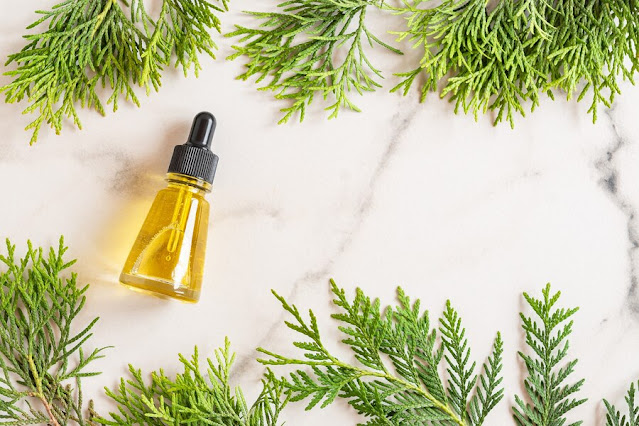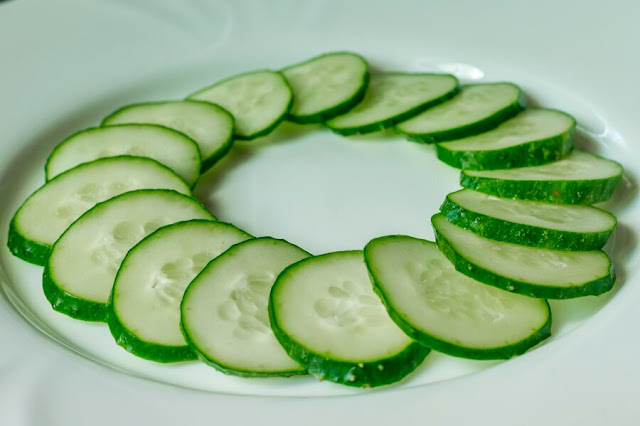16 Natural Remedies for Eczema: Soothing Solutions for Sensitive Skin
Eczema, or atopic dermatitis, is a long-term skin problem that impacts countless people around the globe. It shows up as red, itchy, and often dry skin patches ranging from slight irritation to bad flare-ups. While regular treatments like steroid creams and drugs can help many people want natural options to handle their symptoms.
Natural fixes for eczema offer a softer approach and help cut down on side effects often linked to drug treatments. If you want to lessen redness stop itching, or add moisture to your skin, this guide gives you 16 natural remedies, including old Indian treatments, that can ease and improve eczema symptoms. These remedies have been used for hundreds of years and are backed by new scientific studies giving safe, easy-to-use, and effective ways to manage eczema at home.
- Aloe Vera stands out as a top natural remedy to treat eczema due to its ability to reduce inflammation and heal skin. In India, people call it Kumari. It helps ease redness and itching while it soothes the skin. It cool feels make it great to use on eczema flare-ups.
How to use: Put fresh aloe vera gel right from the leaf onto the spots on your skin that need help.
- Coconut Oil has lots of fatty acids lauric acid, which can fight swelling and germs. It's great to add moisture to dry eczema patches and lower the chance of infection.
How to use: Put pure coconut oil right on areas prone to eczema after you take a bath.
- Oatmeal Baths offers a natural way to ease eczema. Oatmeal has compounds like avenanthramides, which have anti-inflammatory effects. It helps calm itching, decrease redness, and soothe dry skin.
How to use: Mix colloidal oatmeal into warm bathwater and soak for 15-20 minutes.
- Honey is more than just sweet. It's a strong anti-inflammatory and antimicrobial agent, which makes it good for treating eczema and stopping infection.
How it works: Honey's natural enzymes and antioxidants help healing and cut down skin inflammation making it great for eczema.
How to use: Put raw honey right on eczema spots or mix it with coconut oil to add moisture.
- Tea Tree Oil people know tea tree oil for its antifungal, antibacterial, and anti-inflammatory properties. It helps reduce itching and inflammation making it ideal to treat eczema.
How to use: Mix tea tree oil with a carrier oil like coconut oil then put it on the affected areas.
- Apple Cider Vinegar balances skin pH, reducing itch associated with eczema; has antibacterial properties to guard against infection in eczema patches.
How to use: Mix equal parts apple cider vinegar with water and apply to the affected skin using a cotton ball.
- Chamomile Tea Compress is used for its calming properties. Chamomile tea compresses, which is for tranquilization, really works. These compresses also soothe most of the inflamed and irritated areas that eczema creates in most cases.
How to use: Brew chamomile tea, cool it down and soak a cloth in the tea to apply as a compress on affected areas.
- Jojoba Oil very similar to natural oils, Jojoba Oil can thus be considered an excellent moisturizer for any person suffering from eczema. Restoring moisture in the skin barrier, it causes reduced dryness and irritation.
How to use: Rub the oily body of Jojoba on the patches of eczema right after having a shower, because that will lock in moisture in the area.
- Vitamin E Oil can work as a special oil for the healing feature of the skin. It nourishes and repairs damaged skin. Thus, vitamin E is a great natural remedy for eczema.
How it works: Vitamin E is rich in antioxidants, which protect and repair the skin, especially after eczema flare-ups.
How to use: Daily application of vitamin E oil on patches of eczema for faster healing.
- Avocado Oil is rich in healthy fats, antioxidants, hydrate, and soothe dry, irritated skin. It will help improve skin elasticity tremendously; hence, it is great for treating eczema.
How to use: Gently massage a few drops of avocado oil directly into the affected areas. This will help soothe and moisturize the skin areas affected.
- Epsom Salt Bath contains magnesium sulphate, which can relieve skin irritation and inflammation. A warm Epsom salt bath is an instant relief from the symptoms usually manifested during eczema attacks.
How to Use: Add 1-2 cups of Epsom salt into your bath and soak for 15-20 minutes.
- Probiotics are often found in Dahi (yogurt) or fermented foods. They provide beneficial effects for gut health and can support the immune system.
How to use: Add them to your diet by consuming more fermented products such as yogurt and kefir.
- Cucumber Slices are a great option to cool down the burning feeling of the skin. The water content in cucumbers would help with hydrating the skin and calming the itching.
How to use: Apply cucumber slices to the eczema patch for 15-20 minutes.
- Neem Oil works wonders with its antibacterial as well as anti-inflammatory properties and is a good remedy for eczema treatment. It prevents infections and reduces inflammation.
How to use: Dilute neem oil in any carrier oil and apply it to the areas affected.
- Sunflower oil contains essential fatty acids that repair the skin barrier and lock moisture expelling dry eczema skin.
How to use: Massage sunflower oil on the skin after bath or shower.
- Green Tea Compress protects the skin against oxidative stress and reduces inflammation as it contains a multitude of antioxidants and polyphenols.
How to use: Make green tea, cool it down, and apply it as a compress on the affected area.
Conclusion
Eczema can be a frustrating and uncomfortable condition, but these 16 natural remedies can offer relief and improve your skin’s health. If these remedies could be inserted into the daily routine along with the topical treatment or dietary changes, it would retrieve relief from irritation and scrap the itching while boosting healing.
Always remember to patch-test when introducing any new ingredient into your skin treatment. However, you should consider a health professional for personalized treatment if symptoms of eczema persist or worsen. Natural treatments unlock easier managements of eczema for a smoother, healthier shine on your skin.




















Comments
Post a Comment